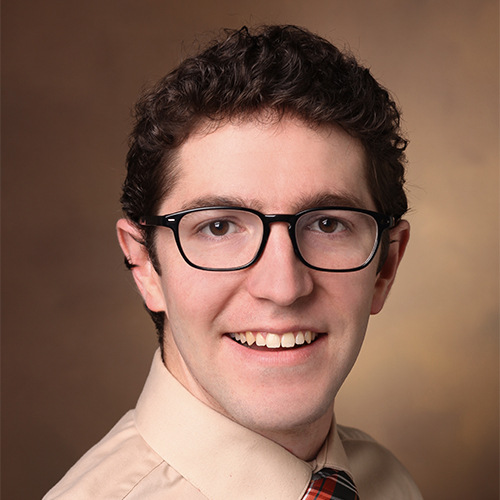An increase in sudden onset vocal and body tics are being noted by pediatricians at Monroe Carell Jr. Children’s Hospital, echoing a phenomenon that has garnered international attention.
“A large number of teenagers are presenting with abrupt-onset, severe tics,” said Heather Riordan, M.D., a pediatric neurologist at Monroe Carell Jr. Children’s Hospital at Vanderbilt, explaining a phenomenon that has been noted throughout the country.
Riordan estimates she is now seeing nearly twice the number of patients presenting with involuntary facial and body spasms as she did pre-pandemic, with new cases arriving every week. The presentation is more consistent with functional tic disorders than Tourette syndrome. Affected patients are most commonly adolescent girls displaying involuntary movements and vocalizations, and she says social media may be a contributor.
“It is interesting that this increase in cases correlates with the onset of the pandemic and a rise in TikTok videos of teenage girls with tics,” Riordan said.
Videos Attest
The International Parkinson and Movement Disorder Society has published an analysis of the most popular TikTok videos featuring tics. Researchers found behaviors displayed on social media are distinct from Tourette syndrome symptoms and may represent a novel functional movement disorder, “social contagion” or a “mass sociogenic illness.”
Regardless of the nomenclature, interest in tics is on the rise on social media.
“Within a three-week period in March of 2021, views of videos with the keywords #tourette and #tic increased by 7 percent to a total of 5.8 billion views,” the authors wrote.
Online Influencers
Social media can be empowering for young people, Riordan noted, and commonly links people with specific conditions.
“Many patients with tics, either in the context of Tourette syndrome or of functional tic disorders, are posting videos about how their condition impacts daily living. The platform has offered a way for this group to feel connected and validated,” Riordan said.
“It is important to recognize that kids are not faking their symptoms.”
Representation may be particularly important for teenagers learning to manage tics. On TikTok, 25 percent of users are ages 10-19, making it an ideal platform for sharing the teenage tic experience. Young viewers, however, are particularly vulnerable to deleterious effects of seeing severe symptoms for extended periods, Riordan says.
“Unfortunately, watching these videos can worsen tics related to both Tourette syndrome and functional movement disorders.”
Support From Clinicians
David Isaacs, M.D., a neurologist in the Division of Movement Disorders at Vanderbilt University Medical Center has noticed a similar uptick in tics.
“This phenomenon of functional tics is currently widespread in the United States and Europe, and possibly globally,” Isaacs said. “We are seeing a large number of such cases here at Vanderbilt, though how much sites like TikTok specifically are contributing is somewhat ambiguous.”
Together with colleagues, Riordan and Isaacs offer comprehensive care for children and adults with tics, many seeking services through the Vanderbilt Tourette Syndrome Clinic. The clinic’s patients tend to be boys and men, who are disproportionately affected by Tourette syndrome.
For Riordan, this is an important distinction to consider for the new patients she’s been seeing.
“These functional tics have different characteristics from tics in Tourette syndrome. However, it is important to recognize that kids are not faking their symptoms,” Riordan added. “Caregivers should seek the assistance of their pediatrician to differentiate the disorders – treatments are different for functional tic disorders as opposed to Tourette syndrome.”







